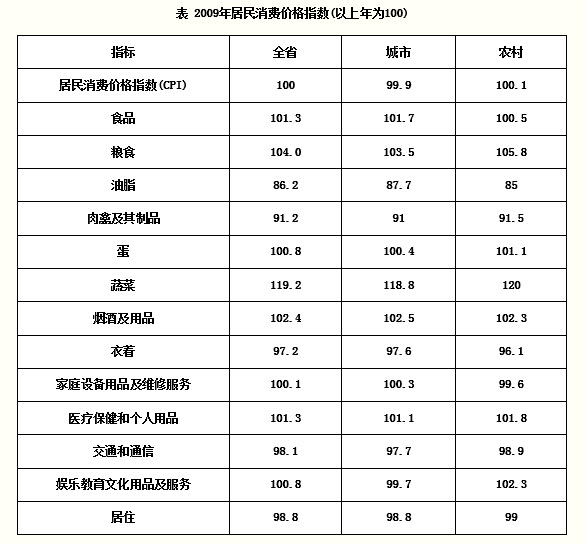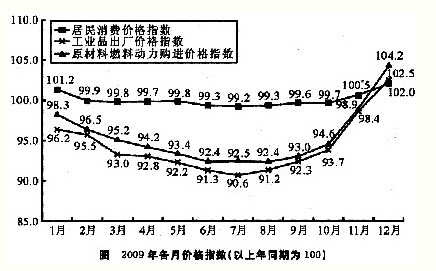问题
单项选择题
根据以下资料。回答以下问题。
初步核算,2009年,山东省实现生产总值(GDP)增长33805.3亿元,按可比价格计算,比上年增长11.9%。季度GDP累计增速稳步提高,经济呈现“下行—见底—企稳—回升”的运行轨迹。其中,第一产业增加值3226.6亿元,增长4.2%;第二产业增加值19035.0亿元,增长13.7%;第三产业增加值11543.7亿元,增长10.7%。三大产业比例为9.6:56.3:34.1。人均生产总值35796元,增长11.3%,按年均汇率折算为5240美元。

2008年,山东省第三产业的增加值占全省生产总值(GDP)的增加值的比例为()。
A.34.1%
B.35.7%
C.34.5%
D.39.0%
答案
参考答案:C
解析:
2008年,山东省第三产业的增加值为:11543.7÷(1+10.7%)≈10427.9(亿元);全省生产总值增加了:33805.3÷(1+11.9%)≈30210.3(亿元);前者占后者的比例为:10427.9÷30210.3×100%≈34.5%。
